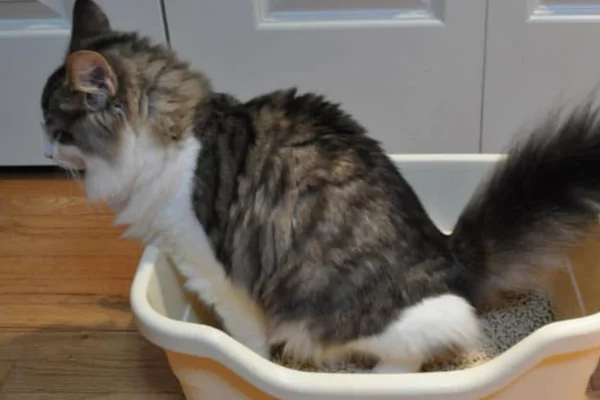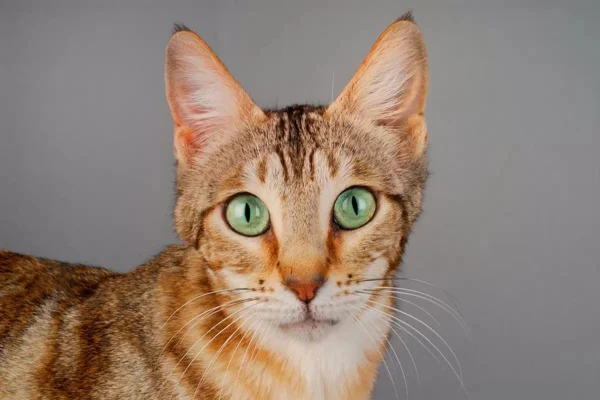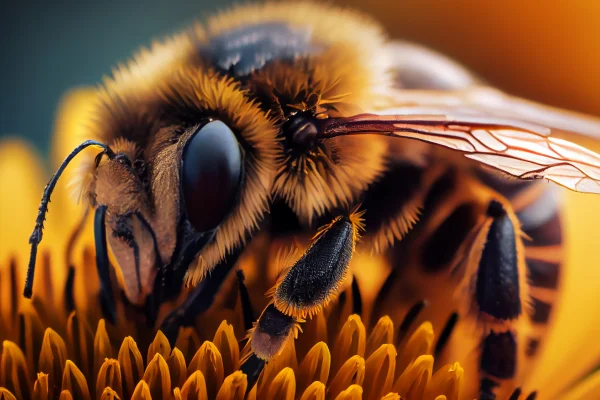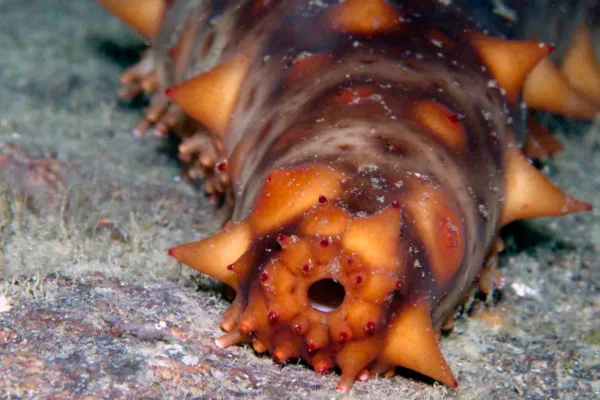Urinary Problems in Cats: Causes, Symptoms, Diagnosis and Treatment
MY CAT CAN'T URINATE
Cats are adorable and independent pets but, like any other pet, they can face health problems that require immediate attention. One of the most common and worrying problems is difficulty urinating. This article covers the main causes, symptoms and treatments for urinary problems in cats, based on the content of the video "MY CAT CANNOT URINATE (Causes and what to do)" from the YouTube channel.
Causes of Urinary Problems in Cats
Urinary problems in cats can be caused by various factors, including:
- Urinary Tract Infection (UTI)Bacterial infections can cause inflammation and discomfort, making urination difficult.
- Urolithiasis (urinary calculi)The formation of crystals or stones in the bladder or urethra can block urinary flow.
- Feline Idiopathic Cystitis (FIC)An inflammatory condition of the bladder of unknown cause, often associated with stress.
- Urethral obstructionIt can be caused by debris, crystals or severe inflammation, preventing the passage of urine.
- TumorsAlthough less common, tumors in the bladder or urethra can cause obstruction.
Contents
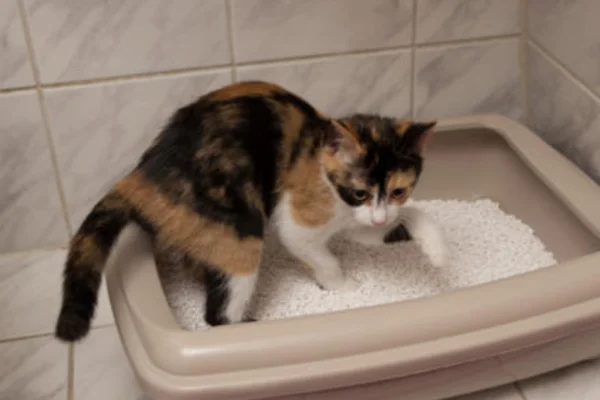
Symptoms of Urinary Problems
Recognizing the symptoms is crucial to seeking immediate treatment. Among the most common signs are:
- Straining to UrinateCats that spend a long time in the litter box without urinating.
- Urine in Small QuantitiesSigns of frequent urination, but in small quantities.
- Blood in the UrineHematuria is a worrying symptom that requires veterinary attention.
- Excessive licking of the genital areaIndicating discomfort or pain.
- Vocalization when urinating: Loud meowing or moaning during urination.
- Loss of appetite and lethargySigns of pain or general malaise.
Diagnosis and treatment
If you notice any of the symptoms mentioned above, it is essential to take your cat to the vet as soon as possible. Diagnosis usually involves:
- Physical examinationGeneral assessment of the cat's state of health.
- Urine AnalysisTo detect infections, crystals or blood.
- Ultrasound and X-raysTo identify stones, tumors or other abnormalities.
- CystoscopyIn some cases, a more detailed examination of the bladder and urethra may be necessary.
Treatment depends on the underlying cause:
- AntibioticsTo treat bacterial infections.
- Change in DietSpecial diets to dissolve crystals or prevent the formation of new ones.
- CatheterizationIn cases of urethral obstruction, a catheter may be needed to release urine.
- SurgeryIn cases of large stones or tumors, surgical intervention may be necessary.
- Pain medication and anti-inflammatory drugsTo relieve discomfort and inflammation.
Prevention
Prevention is always the best approach. Some tips for avoiding urinary problems in cats include:
- Adequate hydration: Encourage your cat to drink more water. Fountains of running water can be attractive to them.
- Balanced dietHigh-quality foods formulated for urinary health can help.
- Stress reduction: Quiet environments and environmental enrichment can prevent idiopathic cystitis.
- Regular ExamsRegular veterinary check-ups help with the early detection of health problems.
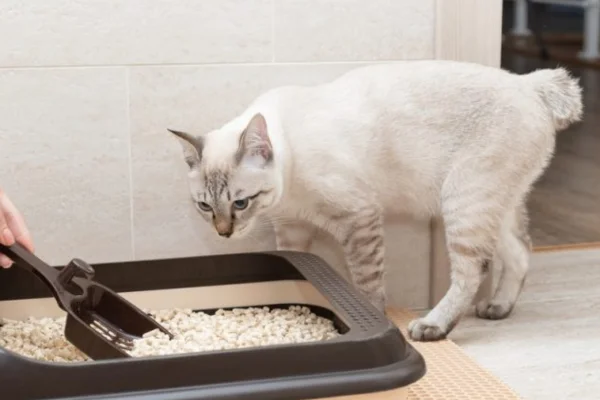
Exploring Deeper
In addition to the information provided, it is important to understand the psychological impact that urinary problems can have on cats. Cats are very sensitive to stress, and this can exacerbate conditions such as feline idiopathic cystitis. Stress in cats can be triggered by changes in the environment, such as the arrival of a new pet, changes in routine or even the presence of frequent visitors.
To mitigate these factors, consider the following strategies:
- Create a peaceful environment: Provide a space where your cat can feel safe and calm, away from noise and excessive movement.
- Environmental EnrichmentInteractive toys, scratching posts and high places where the cat can observe its surroundings are great ways to reduce stress.
- Consistent routine: Keep a routine of feeding and playtime, as predictability can reduce anxiety.
In addition, some owners find success in using synthetic pheromones, available in sprays or diffusers, which mimic the cat's natural pheromones and help promote a sense of calm and security.
The Role of Diet in Urinary Health
A cat's diet plays a crucial role in preventing urinary problems. High-quality food, formulated specifically for urinary health, helps maintain a proper urinary pH and prevent crystal formation. Consider:
- Wet foodIncorporating wet food into your cat's diet can increase water intake, diluting urine and helping to prevent the formation of crystals.
- Specialty foods: Veterinarian-prescribed diets can help dissolve existing crystals and prevent new ones from forming.
Proper nutrition, along with constant hydration, is one of the best ways to protect your cat's urinary health in the long term.
When to seek immediate help
In some cases, urinary obstruction can become a medical emergency. If your cat cannot urinate at all, or shows signs of extreme pain, abdominal swelling or collapse, seek veterinary help immediately. Complete urinary obstruction can lead to kidney failure and other severe complications if not treated promptly.
Conclusion
Caring for a cat involves attention to detail and a quick response to any sign of discomfort or change in behavior. Urinary problems are a common but treatable condition, provided they are detected in time. This guide offers a comprehensive understanding of the causes, symptoms and treatments, as well as practical tips for preventing and managing feline stress. Remember, your cat's health is in your hands, and preventative care can make all the difference in ensuring a long and healthy life for your feline friend.
MY CAT CAN'T URINATE
Thanks for stopping by, check out our other work too
https://vettopbr.com/cachorros/
https://vettopbr.com/tosse-em-caes/

